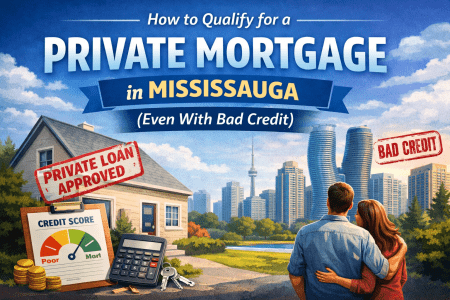The Mortgage Market Review (MMR) is a set of major reforms to the mortgage market set out by the financial services authority. These new mortgage market reviews are supposed to benefit all market participants by making the markets work better. The mortgage market review makes the financial services authority more interventional in its approach on matters of regulating the market. Some of the concerns that led to Mortgage market review include the conduct of business, charging and prudential requirements among others.
Where it all started
In October 2009, the financial services authority released a discussion paper concerning these requirements. The main purpose of these discussions was to have a deeper understanding of market analysis and assessing how effective the current regulatory framework was back then. This discussion led to various proposed changes in the mortgage markets. These proposals were under debate for a couple of years until release of the final policy statement of the Mortgage market review in October 2012. To know more visit our site www.conveyancing24-7.com.
New Mortgage Market review rules
- The Affordability Statement: In every transaction, every broker or lender must ensure that borrowers meet eligibility criteria.
- Income Verifications for all loans: Self-certification lending is no longer allowed in the mortgage market.
- No Multiple High Risk lending: The Financial Services Authority recommended the banning of high value loans for individuals with bad credit and unstable incomes, which are all characteristics of high risk lending.
- Interest rate stress tests: Lenders must conduct a mandatory interest rate stress test to determine what effect the mortgage payments will have on interest rate increase in the future.
- Redefined definition of advice: In every consumer seller interaction, the seller will need to assess suitability, therefore non-advised sales banned.
- The Execution-only exemption: The execution-only exception is to only be limited to situations where these is no interaction, customers not willing to take the advice and when the consumer has a net worth of £3M or earns nothing less than £300,000.
- Mortgage advisers accountable to FSA: A relevant professional qualification worth a level three QFC certificate status is mandatory for all mortgage advisers and staff selling mortgages.
- Initial disclosure document is replaced by a compulsory requirement for firms to give crucial information to the customer. This is to prevent overloading the customer with information. The initial disclosure document is replaced by a key facts illustration that is more suited to the customer understanding.
Desired Impact of the MMR
The mortgage market review rules were expected to make the mortgage markets suitable for all participants.
- Lenders remain competitive and innovative with adequately capitalized sustainable business models.
- A predictable and transparent regulatory body that minimizes the constant changes on house prices while minimizing fraud and financial crime in the market.
- Keeping the costs and risks of lending in the mortgage market
- A flexible market that offers a wide range of products for a variety of consumer types who can afford to buy homes.
- A clear understanding of consumers to the risks and costs of mortgage borrowing or making property and investment option instead of a home
Things to Consider When Getting a Mortgage
When you’re looking into buying a house, one of the things you have to consider is the mortgage. Most people must spend much time on this, as it is an integral part of the process. It could be something you have been with for years, so careful consideration is most certainly in order! However, it doesn’t have to be a minefield. At the end of the day, mortgages are there to help you with the house-buying process. So you may as well take advantage of them. What’s more, help is at hand. You are not alone, and someone can always advise you when you’re stuck with what to do. Here, we will share some top tips you need to consider when getting a mortgage.
Think Carefully
This first step is essential, and its importance cannot be overstated. Before you do anything, you must consider your options very carefully. Getting a mortgage is a big decision that will affect your life for quite a long time. You want to get an obvious idea in your head before you start. Otherwise, you might wonder what happened at some point down the line.
Choose Your Lender
This is the most essential part of the entire process. As such, it needs careful consideration. Choosing your lender is tricky, but it mustn’t be long and tedious. It is a matter of weighing up all the pros and cons. Which lender you use depends mainly on how much you think you will need to borrow and whether or not they will accept you. So, getting all the figures sorted out from the outset is essential before you approach anyone. Don’t be afraid to ask for help! When it comes to mortgages, there is plenty of help available.
Credit Score
It is important to remember that your credit score affects your mortgage likelihood massively. If you have a relatively low credit score, consider taking some positive steps towards trying to improve it. If this is necessary for your situation, do this before doing anything else. You will feel better about the entire process if your credit score is sorted beforehand. If you are struggling, there is lots of advice out there for how to improve your score.
Any Debts?
Debts can impact your ability to get a mortgage in a big way. Make sure that you have minimized all your debts as much as possible. The last thing you want is for it to come up behind you and ruin things. If you have debts, consider how to deal with them constructively. This doesn’t mean you have to clear them completely. But bear in mind that the less debt you are in, the better particularly when getting a mortgage. Put some effort into sorting your financial situation out, and the whole process will become a breeze!








